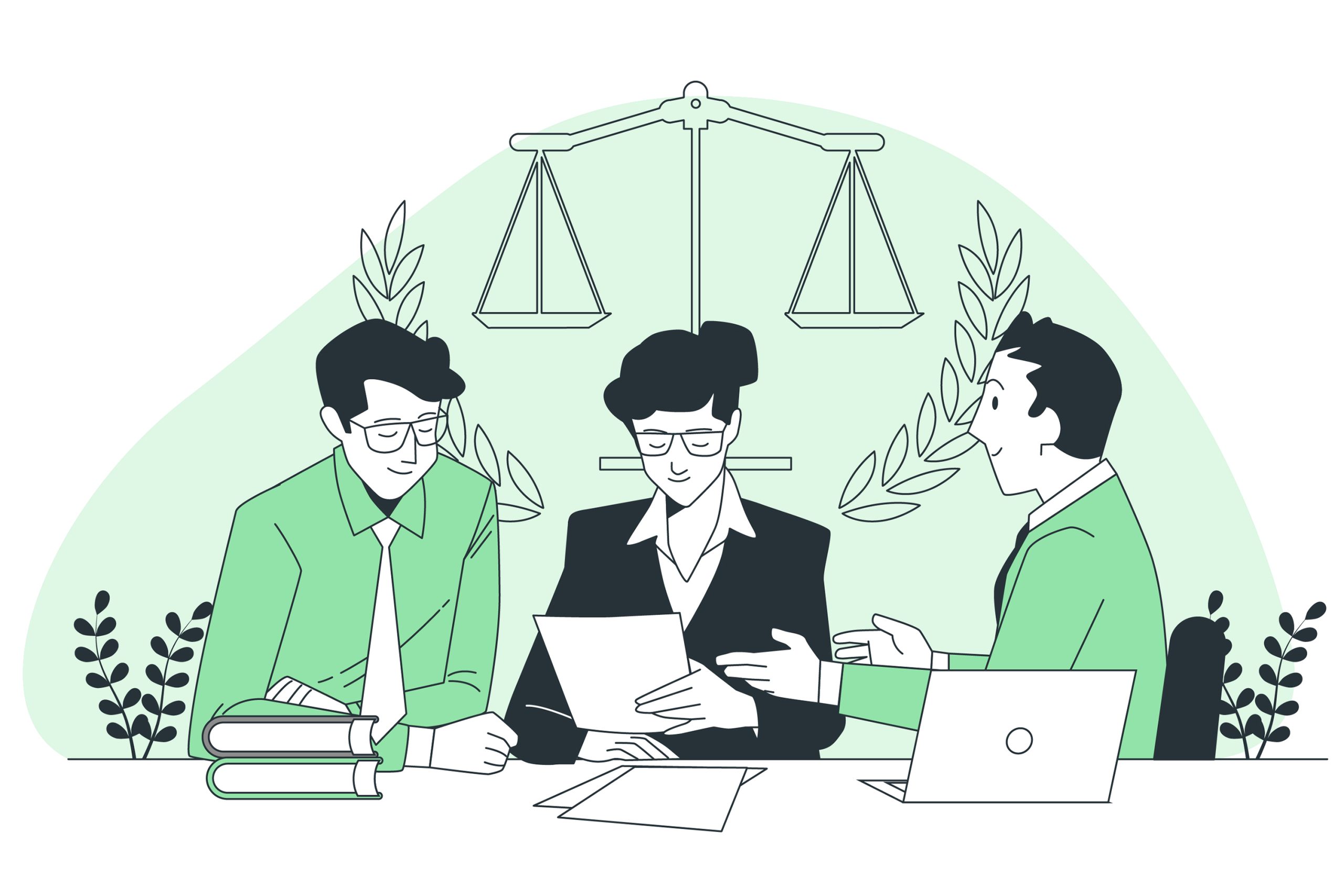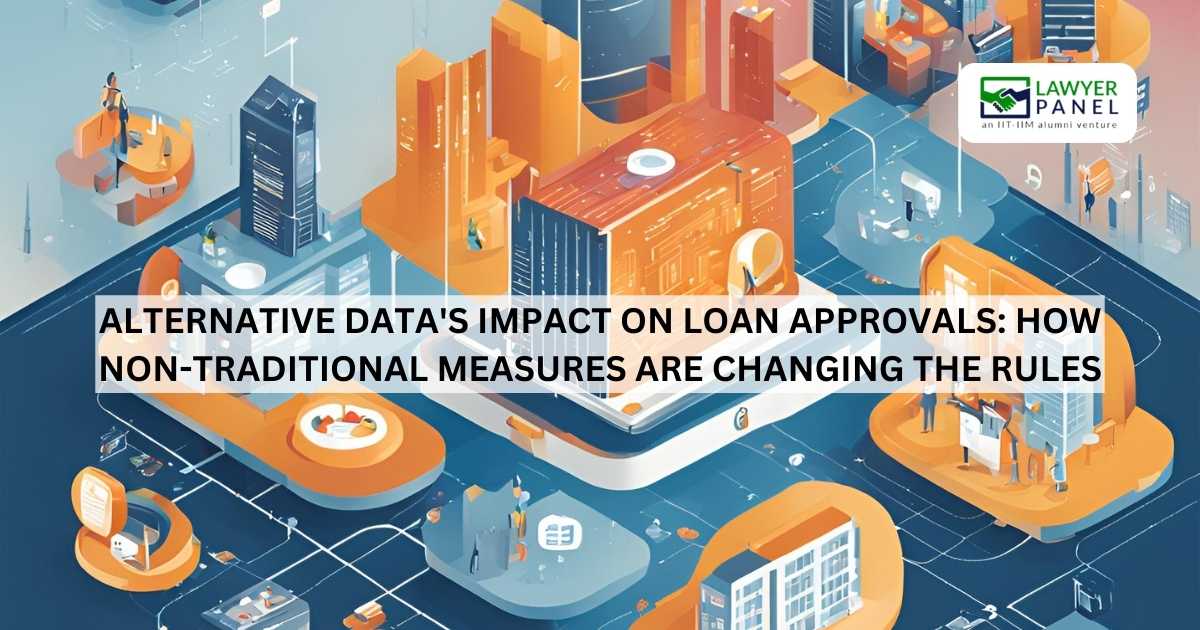Legal Rights · 3 min read
Can You Stop Harassment by Recovery Agents? Learn Your Legal Rights
Dealing with harassment from recovery agents is an unfortunate situation, but understanding your rights can empower you to put an end to it. In this article, we’ll delve into the simple yet impactful steps you can take to stop harassment and gain insights into your legal rights when dealing with recovery agents.

Understanding Your Rights:
Learn Your Rights: The Fair Debt Collection Practices Act (FDCPA) is a critical shield against unfair practices. It prohibits recovery agents from using aggressive language or calling you at inconvenient times. Understanding this act arms you with the knowledge of what is acceptable and what is not.
Keep a Harassment Journal: Maintaining a detailed record of each interaction is your practical toolkit. Note down dates, times, the individuals involved, and the specifics of the conversations. This journal becomes valuable evidence should you need to escalate the matter.
Communication Tactics:
Request Written Communication: Asking recovery agents to communicate in writing serves two purposes. Firstly, it ensures a clear and documented trail of communication. Secondly, it minimizes the potential for verbal harassment, providing a more controlled environment.
Issue a Cease and Desist Letter: A Cease and Desist Letter is a powerful tool. By formally instructing recovery agents to stop contacting you, you trigger a legal obligation. They must respect your decision, except for specific legally mandated notifications.
Taking Action:
Lodge a Complaint: If the harassment persists, it’s time to involve regulatory bodies. The Consumer Financial Protection Bureau (CFPB) and your state’s Attorney General are entities that can intervene. When filing a complaint, be thorough in detailing every aspect of the harassment.
Consult with a Consumer Attorney: Seeking advice from a consumer attorney is a strategic move. They can provide clarity on your rights and, if needed, take legal actions on your behalf. This step ensures you are well-guided through the legal aspects of the situation.
Explore Debt Settlement: Engaging in a conversation with recovery agents about settling your debt can sometimes be a fruitful avenue. Negotiating a reduced payoff amount might be a mutually beneficial solution, preventing further legal complexities.
Protecting Your Peace of Mind:
Remain Calm and Assertive: In the midst of these interactions, maintaining a calm and assertive demeanor is crucial. While asserting your rights, avoid getting drawn into emotional arguments. A composed approach strengthens your position.
Educate Yourself Continuously: Knowledge is your best defense. Keeping yourself informed about debt collection laws and consumer rights ensures you are well-equipped to protect yourself. Continuous learning empowers you to navigate these challenges more effectively.
Stopping harassment by recovery agents is not just a matter of asserting your rights but also a journey of understanding and learning. By knowing your rights, keeping meticulous records, and taking strategic actions, you can put an end to recovery agent harassment. Remember, you deserve fair treatment, and there are mechanisms in place to ensure just that. Taking control and staying informed are the keys to regaining tranquility in the face of such challenges.



_ Pros_ Cons_ and Legal Safeguards in India.CqNeSsqZ.jpg)